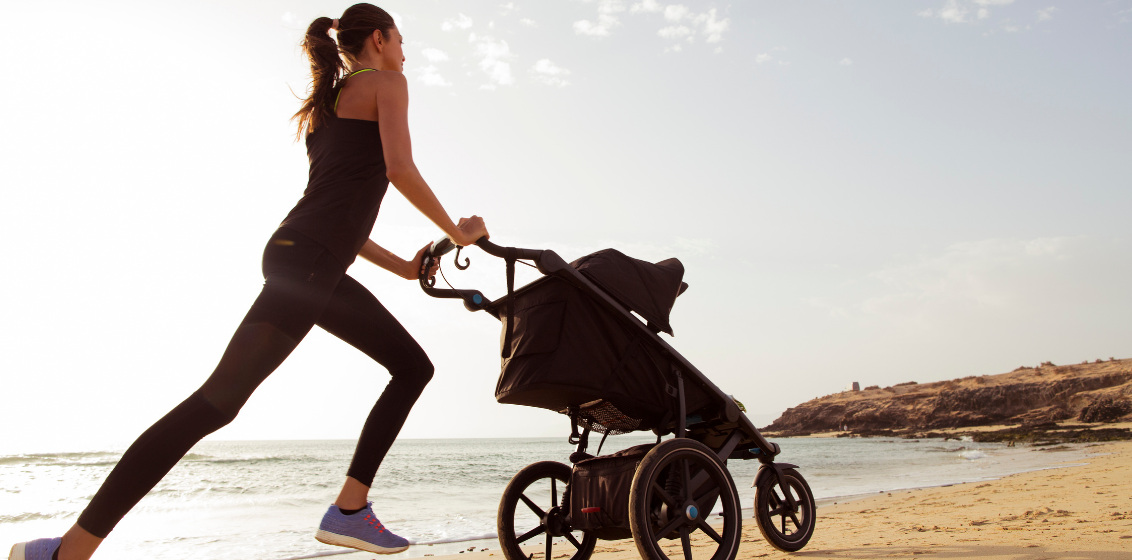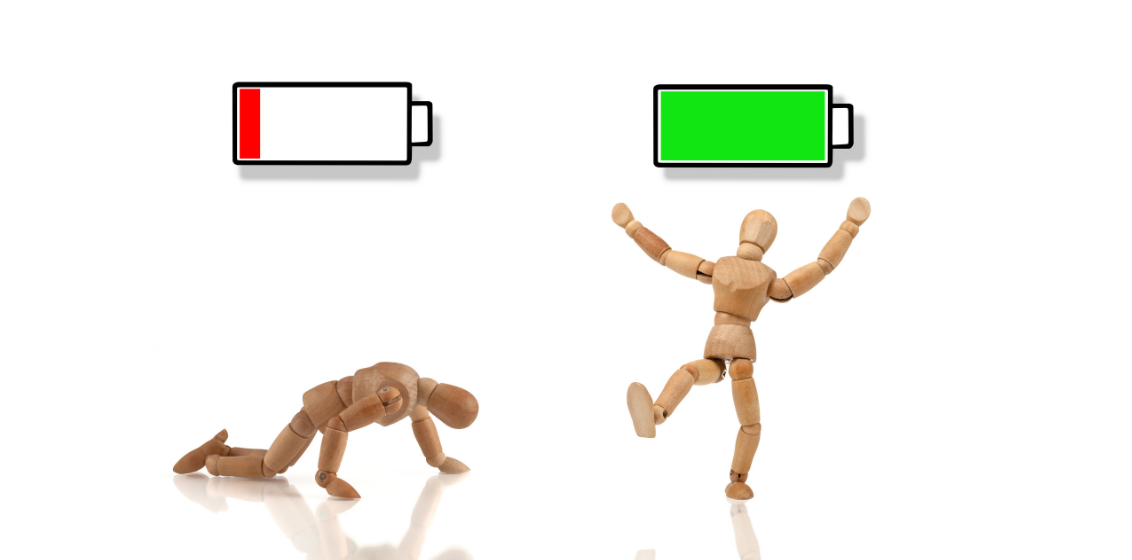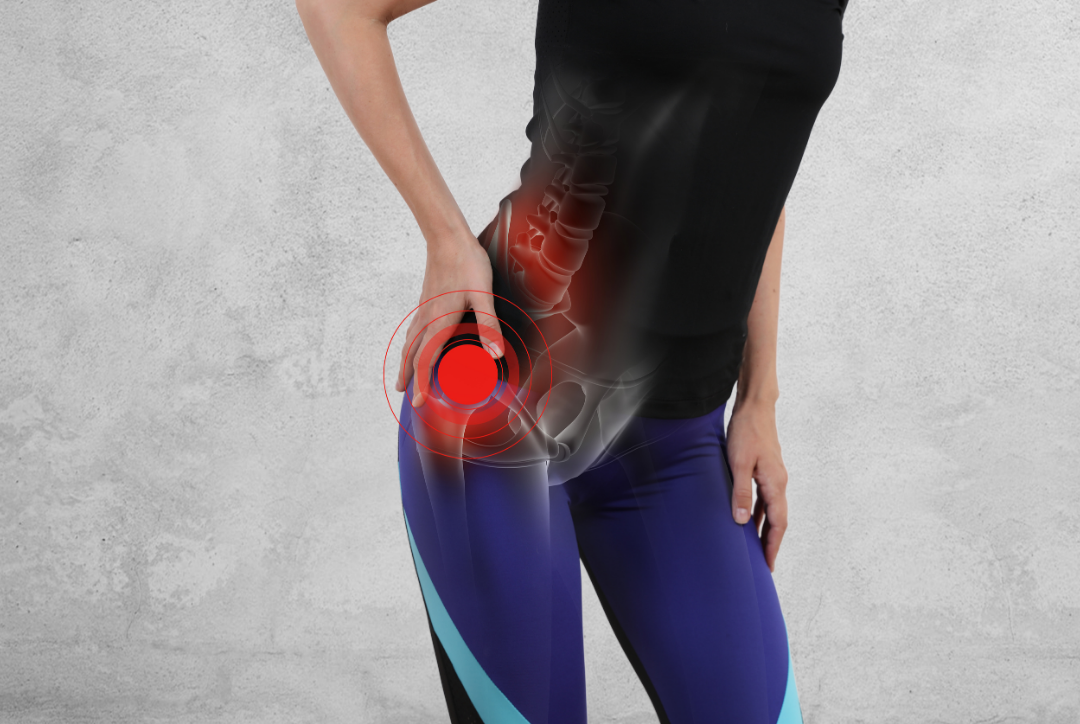We can Help With Pregnancy Low Back and Pelvic Pain

Are you Pregnant? Sick of Pelvic or Low Back Pain stealing your glow? You’re not alone! I’ve got a few friends that are pregnant and heaps of them message me about their sore back and pelvis as they progress through their pregnancy. Time and time again I have to reassure friends and patients that despite this being a normal part of pregnancy, Physio can be a big help in keeping you moving as you get ready to welcome your cherished new addition. Keep reading, I’ve got 5 Tops to help get you some relief from pregnancy related pain.
You already know so much is changing in your body during pregnancy. Hormones go crazy, you feel nauseous, your posture changes and general moving around gets a little harder.
Pain in your pelvis and lower back can occur at any stage during your pregnancy. Your uterus expands as your baby grows, pushing stomach organs out of the way and causing a shift in your centre of gravity. Your lower back arch increases to accommodate for an increase in weight at the front of your body. This changes the position of the pelvis and places stretch and strain on muscles and ligaments.
All of this plus a decent weight on your pelvic floor can all add up to cause disabling pelvic or lower back pain. You struggle getting out of bed or the lounge, can’t spend any time on your feet, struggle up stairs and just generally feel as graceful and nimble as a beached whale.
What can you do to help Pelvic Girdle and Lower Back Pain? Here’s my 5 Top Tips:
- Get the real story. It’s important to find out if you have lower back OR pelvic girdle pain as they are very different. Did you know one tends to worsen and one can improve as you get further along? Your physiotherapist will do a thorough assessment to determine the exact cause of your pain and give you the best treatment options for your individual problem
- Avoid prolonged sitting or standing – your pelvis likes to move (just look at Elvis) but also needs a rest every now and then because the weight is more than what its used to. Try and move every 30mins when sitting and take regular breaks when on your feet for an extended period.
- Keep your pelvis symmetrical – Any activity that you do on one leg places increased strain through your pelvis that is already irritated. Stairs and standing with weight on one leg (also known as standing with attitude) are really common examples.
- Support your sleeping position – Use a pillow between your knees to sleep on your side. A body pillow is best. When rolling in bed keep your knees together to stop excessive rotation on your pelvis and back.
- Modify your walking – Try walking with a shorter stride length and avoid walking on soft surfaces like sand.
If you are suffering with pelvic or lower back pain during pregnancy that’s making you suffer through the day and night, there are options out there to help you. If you know anyone who is battling through their pregnancy, let them know physio can help, not only with advice and education but hands on strategies can provide relief as well.
Here at Parkside Sports Physio we have pregnancy specific equipment like belly pillows to position you comfortably for assessment and treatment, as well as supportive equipment such as pelvic belts. As a Women’s Health Physiotherapist, I am here to support you along your pregnancy journey.



